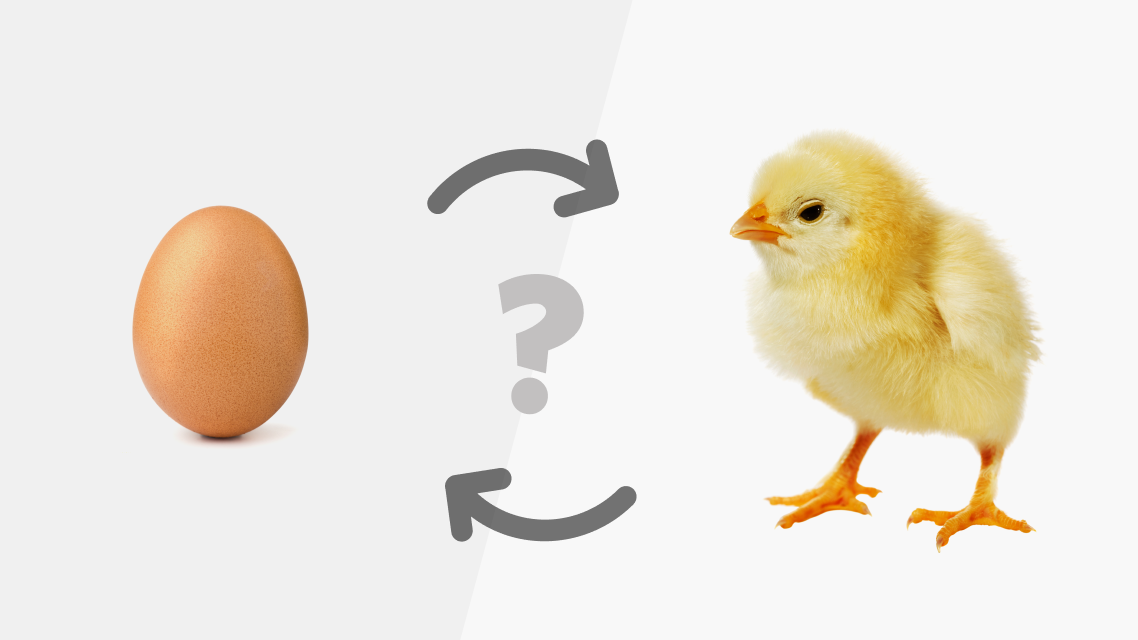Do you remember that age-old question? The one about which comes first, is it the chicken or is the egg? The historical dilemma that has been the subject of debate over the years? Well, settle down, let me tell you about another similar medical dilemma. The one about substance abuse and mental health.
We all know someone like that. A young man or woman. Someone who has been labelled a write-off by their family. The one who drops out of school or is unable to hold a job. Someone who fails at marriage and has become a nuisance to the family. Who begs, steals and cheats when given the opportunity. Who later repents and swears never to repeat it again? That person who is unable to get his or her act together- the drug addict.
- Secondus denies working against southern interest
- Kinsmen at war over Akume’s outburst against Ortom
Sadly, many families have children like this. In most cases, they are hidden, not to be mentioned and nursed as a deep dark secret. Some, however, usually the lower class, abandon the wards either because they already have many mouths to feed and cannot afford to add to their problems or simply because they cannot be bothered enough about their plight. The ones that can afford to and are enlightened enough to seek medical help usually end up in public or private rehab facilities within and outside the country. Some are never heard of again.
When the middle-aged woman came with her son for evaluation, she seemed very determined. Aisha* was being managed for high blood pressure and lately her numbers were not encouraging. She confessed that she was worried about her 23-year-old son whom she suspected was doing drugs again. He had been admitted twice in rehab and seemed to be sober, but lately, he seemed to keep to himself. He was the fifth of her six children and up until five years ago was a student at the university. I had encouraged her to bring him along so that we could give it another try.
Sani denied using drugs, but for the purpose of objectivity and record-keeping, was subjected to a toxicology test. It came back negative for illegal substances. The last time he took drugs was since his admission six months ago. But he admitted to being tempted. Very tempted. I tried to find out what his triggers were. What were those things that pushed him to take ‘roofees’ and smoke cannabis? Many a time they are emotional, psychological and even physical reasons.
He seemed scared to talk at first, but then he said quietly, ‘I hear voices.’
It started in SS3 when he would hear his name being shouted several times, but then he would turn around and not see the caller. Later, the voices became two, then three and they would be carrying out conversations about him. It scared him as he did not know who they were. Sometimes, he fought with his friends whom he thought were playing pranks on him and gossiping about him. Then the vivid dreams began and the nightmares. He would wake up panting and unable to return to sleep. The night became his enemy as the voices were loudest then, taunting him and telling him hurtful things about his family. He was confused about the symptoms but feared telling his mother as he had started experimenting with cannabis at school.
His friends told him he was ‘high’. That people reacted differently to weed. They gave him ‘roofees’ (Rophynol) to calm him down, and for a while, the voices stopped. But the drugs continued. He could not tell me precisely which came first- was it the drugs or the voices? He could not remember. The past five years were a blur of drugs and therefore he could not say assertively which came first.
Mental illness and substance abuse are highly correlated. The two issues are intertwined. People with a mental health diagnosis use more substances than the general population, and people with substance abuse problems have higher rates of mental illness than the average for other groups.
You might wonder, why the high correlations between the two? Do people with mental illnesses use substances to “self-medicate” symptoms, or do those who abuse substances develop mental illness? The answer is complex. People self-medicate to feel better in the short term but may make the overall course of the illness worse in the long term. And substance use changes the brain, in some cases causing illness to blossom where it otherwise would not have. The connection, therefore, goes in both directions: Using substances can bring about, or worsen mental illness. Having a mental illness can increase the risk for substance use to mitigate symptoms.
This is the “chicken or the egg” question faced by many professionals who treat people with dual diagnosis of addiction and mental illness. There is no easy answer. The two issues can be intertwined for many reasons. However, understanding the nature of dual diagnosis is key in ensuring patients receive the proper treatment.
Clearly, Sani was suffering from some form of mental illness that had not been diagnosed. His parents had labelled him a ‘drug addict’ and treated him as such. Nobody gave any thought to what the young boy might be going through. It was just a matter of time before he returned to the drugs. His father had already given up on him when money started getting missing whenever he, Sani, was around.
Armed with this history, I decided to try one last time. He was referred to the psychiatrist who was now faced with managing substance abuse and a co-morbid mental illness. Sani was later diagnosed with schizophrenia and placed on antipsychotics. It has been seven months now and he is already showing tremendous improvement.
One in four Nigerians – some 50 million people – are suffering from some sort of mental illness, according to the World Health Organization (WHO). Yet, there are only eight federal neuropsychiatric hospitals in Nigeria. This means that the ratio of psychiatrists to patients with mental health issues is abysmal at best despite Oga Ngige’s claim of ‘surplus doctors.’
Sani’s case is not unusual. Many Nigerians who have lost their lives to substance abuse or whose lives have been damaged may have suffered from one form of psychiatric illness or the other. Unfortunately, we may never know- whether it was the illness that pushed them to the drugs or the drugs that caused their illness. Whatever the case, these people deserve our empathy, support and the right to be evaluated appropriately in a health facility. The cultural stigma attached to addiction and mental health is a topic that cannot be over flogged.
It is time we wake up and smell the coffee. Dire as it may seem, sadly, this disastrous combination has come to stay.

 Join Daily Trust WhatsApp Community For Quick Access To News and Happenings Around You.
Join Daily Trust WhatsApp Community For Quick Access To News and Happenings Around You.


